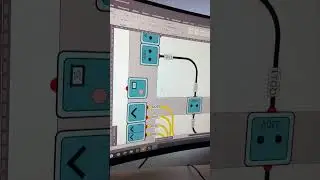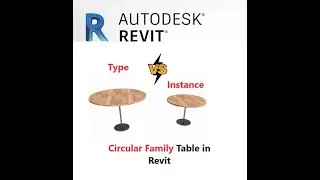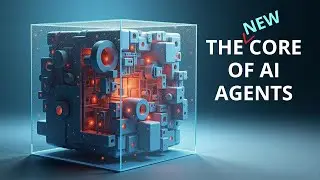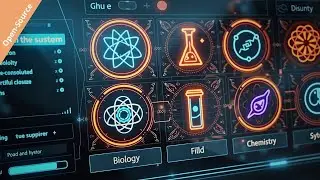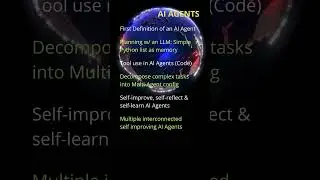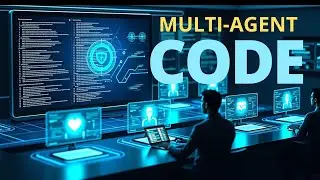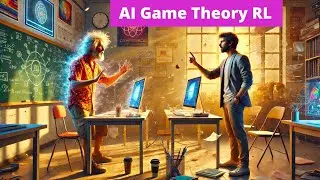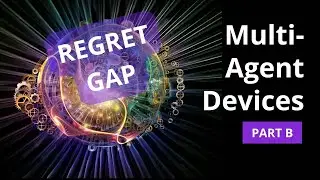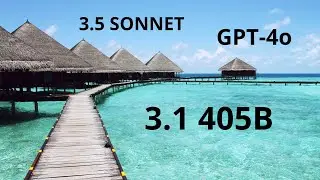NEW Multi-Agent Dynamics w/ Self-Play RL
How Self-Play in Multi-Agent Systems Revolutionizes Game Theory in RL.
Transforming Multi-Agent Dynamics with Self-Play in Reinforcement Learning (RL).
Self Play of Multi Agent Reinforcement Learning Markov Games.
The Impact of Self-Play on Game Theory Strategies in RL.
Self-play in multi-agent reinforcement learning (MARL) is a powerful technique where agents learn by competing against versions of themselves, enhancing their strategic capabilities without the need for external data. This method is particularly effective in environments where encoding human-level strategies directly is challenging due to the vastness of strategy spaces. By continuously interacting with their previous iterations, agents refine their strategies, leading to a deeper understanding of the problem space and discovering optimal policies autonomously. This approach allows for progressive improvements, surpassing human capabilities and generating innovative solutions that are unconstrained by human biases.
The significance of self-play in AI research lies in its ability to address the limitations of human-generated data, which often leads to overfitting and biases. Self-play enables AI systems to explore and exploit strategy spaces beyond human intuition, thereby uncovering novel strategies and solutions. This is especially valuable in applications like autonomous driving, robotic interactions, and complex negotiation scenarios, where traditional methods fall short. The method leverages the entire policy space rather than just making corrections, offering a comprehensive exploration and optimization framework. This results in AI agents that can adapt and perform effectively in dynamic, real-world environments.
A key contribution from recent research, notably from the Tsinghua-Berkeley collaboration, is the introduction of a unified framework for self-play methods in reinforcement learning. This framework categorizes self-play algorithms and integrates elements like the policy space response oracle and regret minimization techniques. The interaction matrix, a crucial component, captures opponent sampling strategies, ensuring diverse interactions and preventing overfitting. This structured approach allows for the iterative expansion of policy pools and enhances the performance of multi-agent systems by optimizing interactions based on historical performance. The ability to continuously improve through self-play positions AI systems to achieve higher levels of performance and innovation in complex tasks, driving advancements in AI research and applications.
All rights w/ authors:
A Survey on Self-play Methods in Reinforcement Learning
https://arxiv.org/pdf/2408.01072
#airesearch
#aitechnology
#newtechnology


